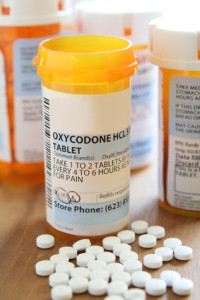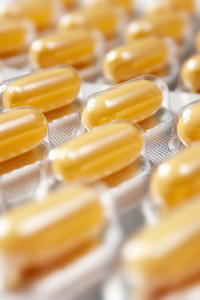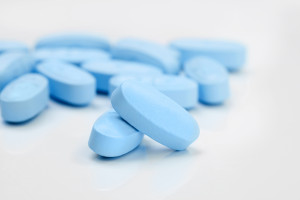- Calls to this hotline are currently being directed to Within Health or Eating Disorder Solutions
- Representatives are standing by 24/7 to help answer your questions
- All calls are confidential and HIPAA compliant
- There is no obligation or cost to call
- Eating Disorder Hope does not receive any commissions or fees dependent upon which provider you select
- Additional treatment providers are located on our directory or samhsa.gov
Pharmacotherapy and Body Image

Thanks to the furthering study of body image in research, there has been a greater understanding about the possible contributing factors that can influence how a person views themselves and their body.
Studies have eluded to the fact body image is not just influenced by environmental factors, such as social media and advertisements, but biological factors as well, such as genetics.
An individual’s genetics can influence personality traits, which can determine if a person may be more likely to develop negative body image or other mental illnesses, such as an eating disorder or mood disorder.
Holistic Treatments Are Needed
Because the factors that contribute to body image are widespread and complex, treatment for negative body image or any other subsequent mental illness should also be holistic in nature. Depending on the severity of negative body image and the presence of any other factors or co-occurring disorders, treatment may involve a:
- Medical physician
- Registered dietitian
- Counselor/therapist
- Pharmacists
The combination of the disciplines in treatment can make for an effective care plan that helps address the multiple issues involved.
Is Pharmacotherapy Really Necessary?
Many individuals might not necessarily think of a pharmacotherapy an integral part of treatment, but the truth is that medication management can serve an important role in the recovery from negative body image and any other mental illnesses.

- Post-traumatic stress disorder
- Social phobias
- Major depressive disorder
- Obsessive-compulsive disorder
Body Dysmorphic Disorder Should Not Be Mitigated
Body dysmorphic disorder is a serious condition and mental health disorder that may be effectively managed by certain prescription medications. In contrast to poor body image or low self-esteem, body dysmorphic disorder is a condition in which an individual experiences a distressing or impairing preoccupation with an imagined or slight defect in one’s physical appearance1.
This disorder can debilitate a person from carrying out normal functions and tasks, severely impacting quality of life. Body dysmorphic disorder is also associated with a high morbidity and mortality rate, and some of the first line approaches to treatment for body dysmorphic disorder include a combination of body pharmacotherapy and cognitive behavioral therapy1.
Pharmacological Approaches
While pharmacological approaches for the treatment of body dysmorphic disorder are continually being researched and understood, there are some treatment approaches that have been considered to be helpful for this condition. There are currently no approved medications for the treatment of body dysmorphic disorder, however serotonin-reuptake inhibitors (SRIs, or SSRIs) are considered the medication choice for body dysmorphic disorder1.
SRIs or SSRIs are classes of anti-depressant medications that target different neurotransmitters in the brain and include the following prescription drugs:
- Lexapro
- Luvox
- Paxil
- Celexa
- Prozac
- Zoloft
Research has shown that these medications may be helpful in decreasing obsessional thinking and compulsive behaviors in individuals who struggle with body dysmorphic disorder and can also be helpful for other symptoms, such as anxiety and impulsivity1.
Medication Alone Isn’t a Cure

While prescription medications can be helpful in decreasing symptoms associated with body dysmorphic disorder, any drug should be used in conjunction with counseling and therapy as part of a holistic treatment plan.
If you or someone you care for is struggling with body dysmorphic disorder or negative body image, be sure to discuss with your doctor what treatment plan may be most effective for your recovery and care.
Some of the more common prescription medications that may be prescribed by a physician for individuals struggling with severe and chronic negative body image include the following:
Community Discussion – Share your thoughts here!
How do you think pharmacotherapy plays a role in the treatment of negative body image? Was pharmacotherapy a part of your treatment for negative body image? If so, how did this help you in recovery and rebuilding a positive body image?
References:
- Phillips, K. A., & Hollander, E. (2008). Treating Body Dysmorphic Disorder with Medication: Evidence, Misconceptions, and a Suggested Approach. Body Image, 5(1), 13–27. doi:10.1016/j.bodyim.2007.12.003
Last Updated & Reviewed By: Jacquelyn Ekern, MS, LPC on July 12th, 2015
Published on EatingDisorderHope.com
